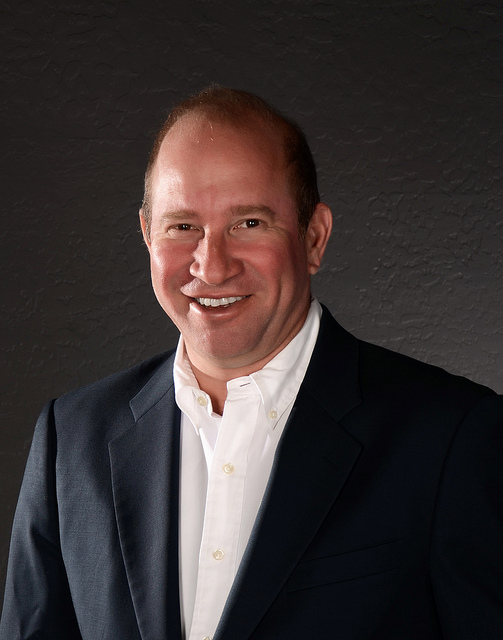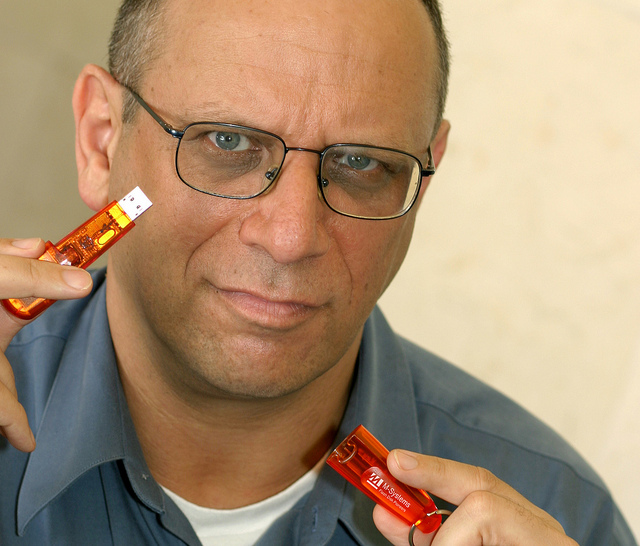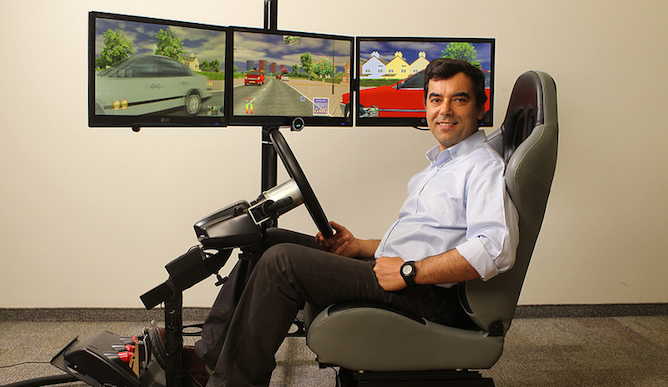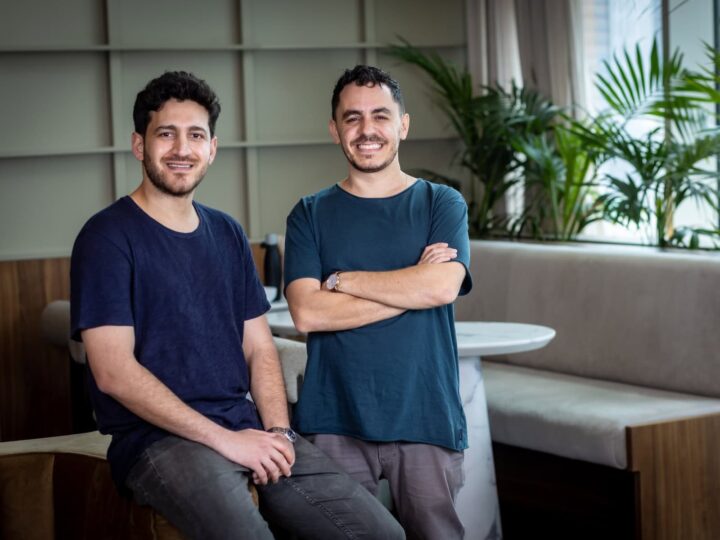It’s not about the money.
That’s the surprising conclusion ISRAEL21c drew from several Israeli serial entrepreneurs – defined for the purposes of this article as people who have started at least three companies.
“I think that a common value underlying people who continue to generate startups is the love for creating value as opposed to the love of making money,” says Hebrew University Prof. Amnon Shashua, a founder of Cognitens, OrCam and Mobileye. “Making money is a byproduct, not a goal on its own sake.”
Shashua cites his passion to actualize ideas enabled by technology so sophisticated that others would find it hard to compete. Mobileye, for example, makes a computer-vision system on a chip for safer driving, installed on 1.5 million vehicles in 2013 and expected soon to be in every car manufactured.
“Making a profitable business is a means for achieving an end,” Shashua tells ISRAEL21c. “The end goal is to make an impact, to be involved in something larger than life — something that will amaze and influence people.”
That can be said for many products and services invented by Israeli serial entrepreneurs, most of whom have chalked up failures alongside successes.
A short list includes Dov Moran of M-Systems (DiskOnKey); Avishai Avrahami of Wix, the world’s leading do-it yourself web publishing platform; Yaron Samid of BillGuard, named Top Finance App of 2013 by TechCrunch; Israel Fraier, whose latest startup, ScanTask, provides crowdsourced data to farmers; Bob Rosenschein, best known for Answers.com ; and Itamar Shafir of Maverick (formerly Appforma), an automated marketing platform for small businesses.
Creating over and over
Serial entrepreneur and venture investor Elie Wurtman (DeltaThree, NomadIQ, GreenRoad Technologies, Fulcrum Materials, PICO startup hub, NJOY electronic cigarettes and Bat Shlomo Vineyards, among other businesses) always has several simultaneous projects percolating.
“I’m fundamentally happiest when I am creating big market-leading companies, and I have a desire to do that over and over,” he tells ISRAEL21c.

“The excitement isn’t in the wealth creation, but in building new things,” Wurtman explains. “The ethos of serial entrepreneurship is that you never stop channeling new ideas into new businesses, and it’s more about the journey than the end game. For me, it’s an Israeli rush because I’ve always viewed what I do as part of the Zionist journey as well. Success, in my view, is measured in the number of quality local jobs created.”
For the RAD Group of high-tech companies founded in 1981 by brothers Yehuda and Zohar Zisapel , success might be measured in the number of Israeli serial entrepreneurs it has spawned – 56, according to a 2012 study.
Dr. Ze’ev Ganor, a senior lecturer and researcher of entrepreneurship at the Technion-Israel Institute of Technology and cofounder of Urginea Ventures, has been analyzing data on Israeli serial entrepreneurs since 2005.
He tells ISRAEL21c that the phenomenon is measurably more common in Israel. About 10 percent of Israeli entrepreneurs found at least two companies, compared to 5% in the United States. About 7.5% of Israeli entrepreneurs start three or more companies, while only 3.75% of American entrepreneurs do so.
Israelis are ideal serial entrepreneurs
Ganor thinks there are several reasons for this notable track record.
“Israelis have a tendency to entrepreneurship from the Jewish culture and the entrepreneurial ecosystem here. They easily absorb new technologies and envision new ones, they think out of the box, are very motivated and are willing to work in risky environments.”
He thinks women have unique skills and instincts for serial entrepreneurship, though they are underrepresented in this sector because most choose to concentrate their energies in their 30s on building a family rather than a business – “except those who really have impressive juggling skills.”

Practical considerations also figure into the phenomenon of early exits, which is another driver of serial entrepreneurship. Ganor calls these practicalities “push forces,” such as the costly need to market abroad and the relative dearth of domestic investment resources.
Furthermore, he says, the typical Israeli dislikes large corporate environments and is too antsy to stick with one business.
Shashua adds that Israelis are not intimidated by obstacles, “sometimes to the extent that obstacles are not even acknowledged because of the strong belief that we can overcome them.”
‘There isn’t anything you cannot do’
Boaz Arnon, a serial entrepreneur in electro-optics and medical devices, founded his current company, Real Imaging after his mother died of breast cancer in 2004. He wanted to provide a radiation-free, more accurate screening alternative to mammography.
“I take the continuous new ideas which are forever in my mind, implement them and make them into new businesses,” explains Arnon.
He has filed more than 20 patents since leaving the military, where he developed innovative technology and achieved the rank of major. “What you learn in the army is that there isn’t anything you cannot do. If you need to do it, you do it,” he says.
For Arnon, the money is also secondary. He says that he learned from fellow Jerusalem College of Technology graduate and serial entrepreneur Eyal Shekel (founder of companies including Chiaro Networks) that being a “mensch” trumps everything.
“It’s definitely not easy to start new businesses, and there is a price to pay — I have only 24 hours in a day, and I have a family — but every serial entrepreneur reaches the same point where you feel you have something in your hands and you cannot just toss it away.”
Fighting for Israel's truth
We cover what makes life in Israel so special — it's people. A non-profit organization, ISRAEL21c's team of journalists are committed to telling stories that humanize Israelis and show their positive impact on our world. You can bring these stories to life by making a donation of $6/month.









